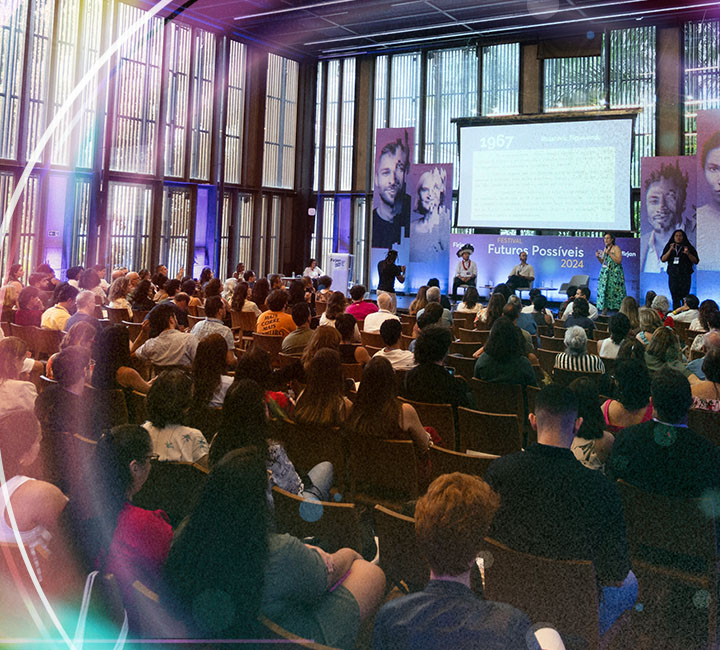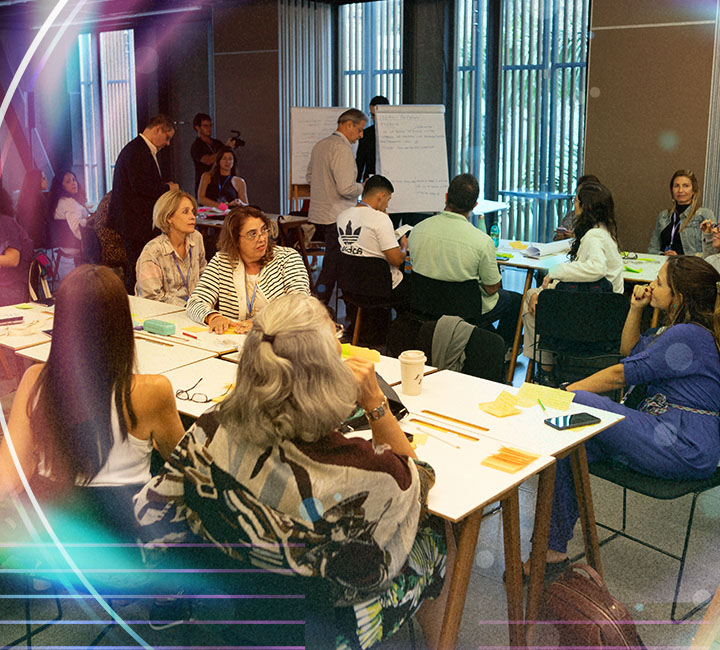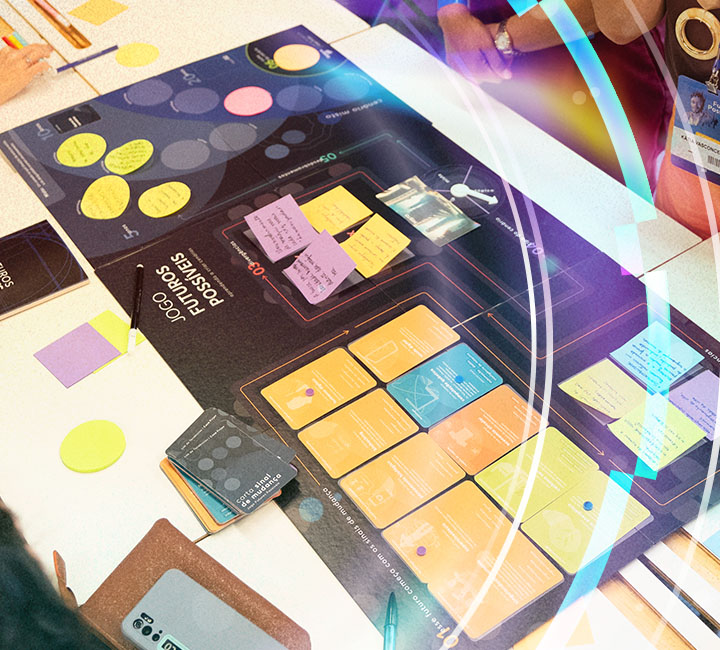How can we (re)enchant the future?
On October 23–24, 2025, the eighth edition of the Festival Futuros Possíveis takes place at Casa Firjan, in Rio de Janeiro, bringing together experts from Brazil and around the world for two days of immersion in talks, panels, workshops, experiences, live music, and much more. Discover the key themes explored in this edition.
SPEAKERS
WHO IS ALREADY IN
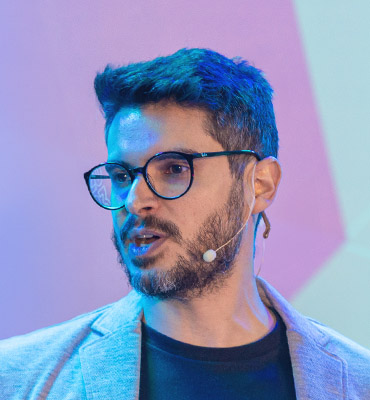
Diogo Cortiz
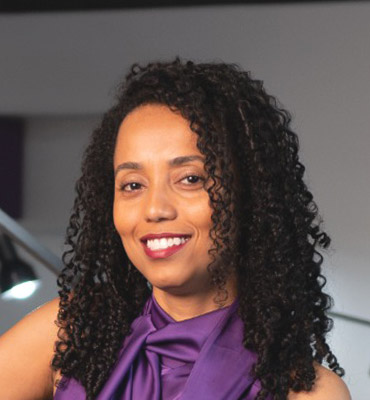
Helena Bertho
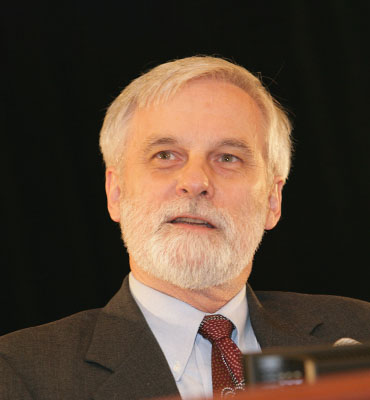
Peter Bishop
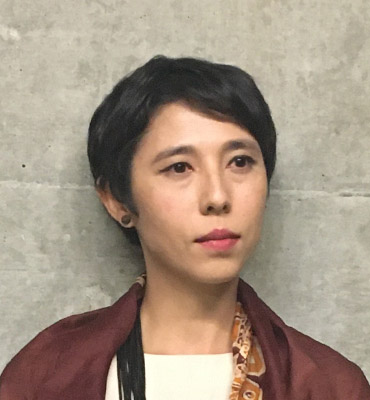
Hanna Limulja
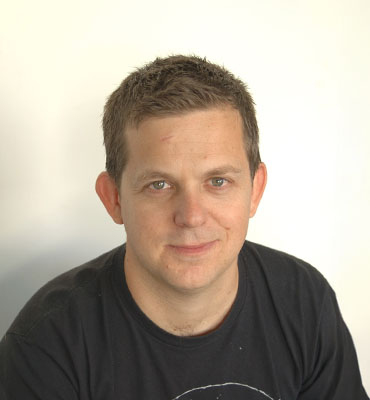
Rob Brooks
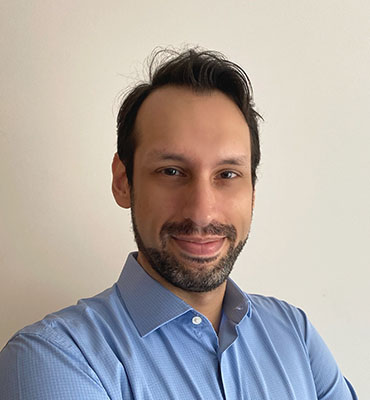
Tanguy Bagdhadi
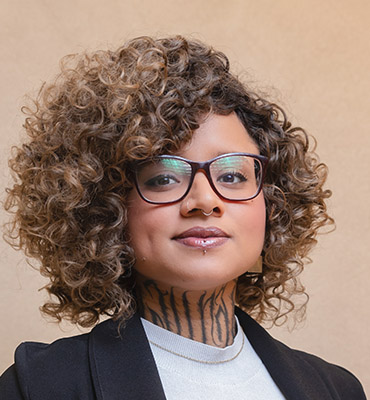
Horrara Moreira
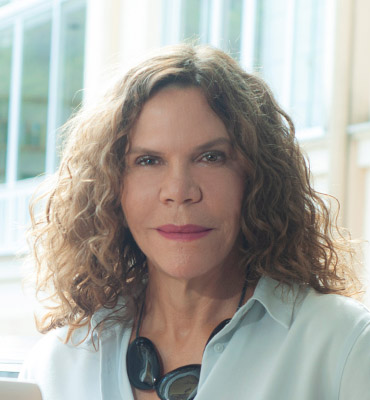
Claudia Trevisan
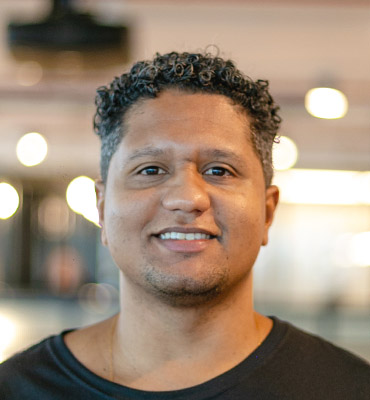
Filipe Dornelas
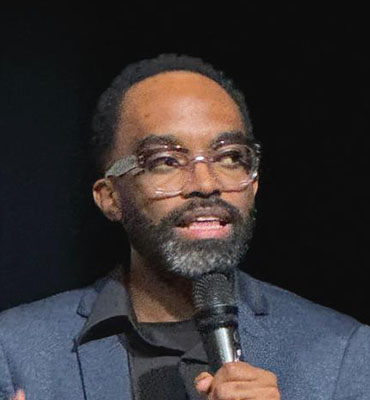
Robson Paulo
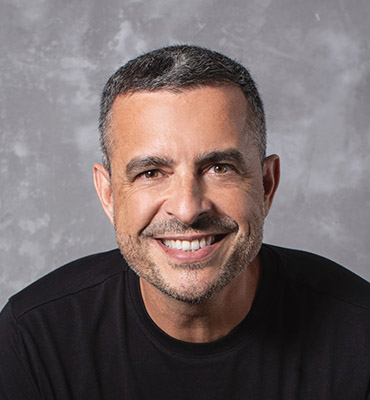
Alex Marson
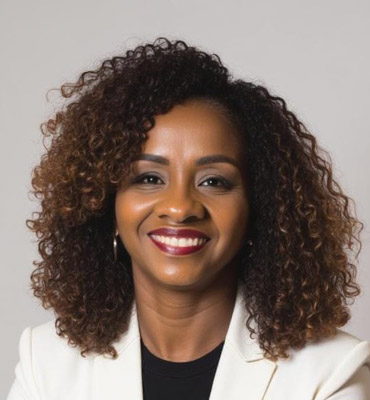
Claudia Rodrigues
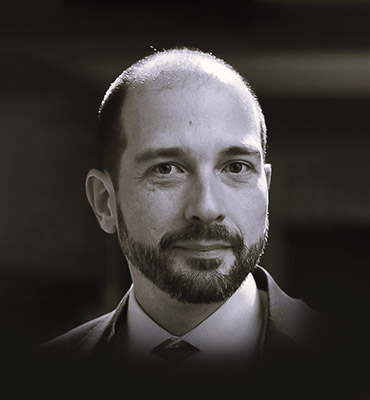
Fabricio Pereira
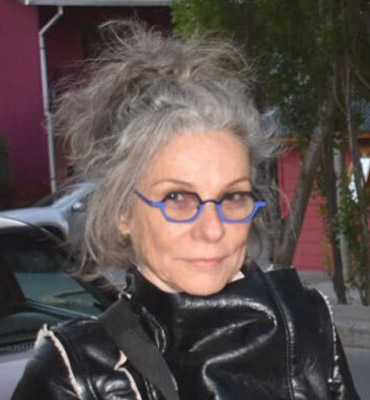
Hélia Borges
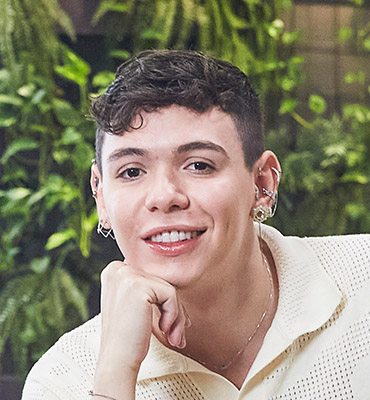
Luiz Menezes
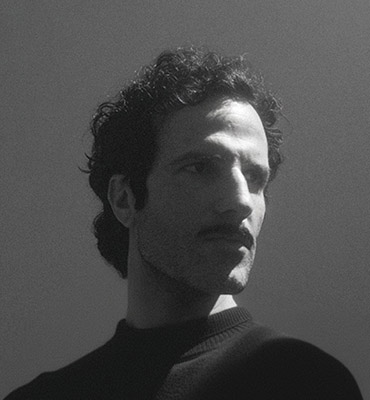
Pedro Garcia
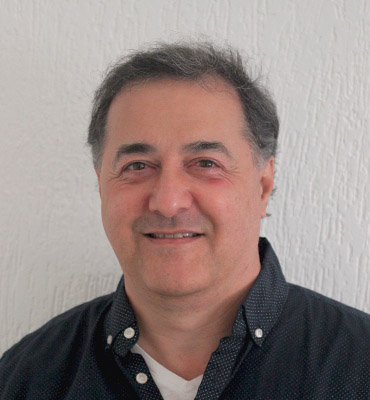
Alexandre Brincalepe
REPORT
Participants of the 2025 Possible Futures Festival will receive early access to the 2026–2027 Macrotends Report — a strategic document developed by the Firjan IEL Trends Lab, featuring new scenarios, change drivers, opportunities, and action pathways to help leaders and professionals prepare for the challenges of the coming years.
PURCHASE YOUR TICKET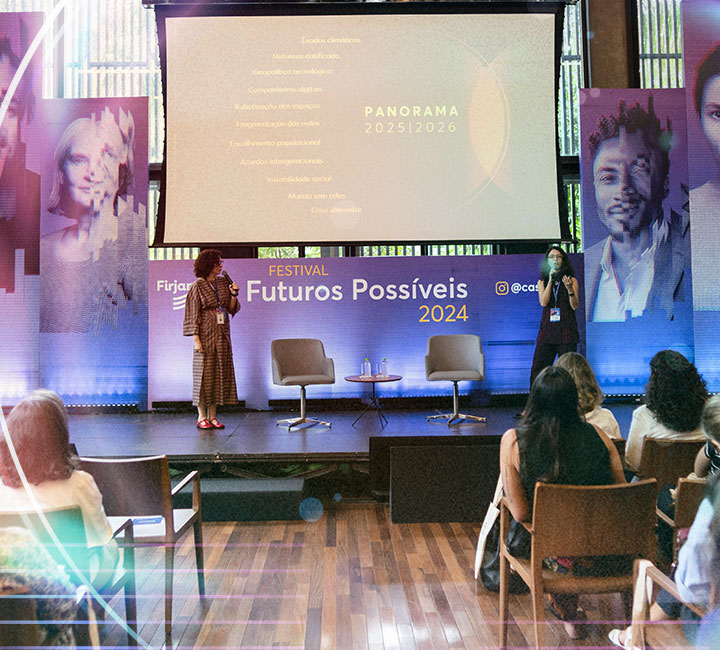
FAQ
GOT QUESTIONS ABOUT THE FESTIVAL?
-
What is the Possible Futures Festival?
Since 2018, Casa Firjan has hosted the Possible Futures Festival — a hub for future trends, innovation, and immersive experiences. The event brings together leading thinkers from Brazil and around the world for lectures, panels, workshops, and dynamic activities that challenge businesses and society to rethink the future. Based on the belief that there is no single future, the festival explores signals and emerging trends that reveal new paths and possibilities for the years ahead, shaping economic and social transformations.
-
Is the event in person?
Yes. The Possible Futures Festival will be held in person at Casa Firjan. Participants will also receive a link to watch the recordings of all talks and panels afterwards.
-
Why purchase your pass in advance?
The pre-sale of the Possible Futures Festival offers a 50% discount on the full pass for both days — for a limited time.
-
Can I buy a ticket for just one day?
No. The Festival Possible Futures pass gives access to both days of the event (October 23 and 24).
-
What is this year's theme?
In times of polycrisis and dystopian visions of the future, dreaming and creating other possible worlds is essential to face today’s challenges. In 2025, the 8th edition of the Possible Futures Festival will explore the central theme: “(Re)Enchant the Future.” Over the course of two days, experts from a variety of fields will invite the audience to engage in reflections and practices organized around three thematic axes. (Re)Discover Meaning: How can curiosity, dreams, and optimism expand our perspective? (Re)Humanize Connections: How can leadership, governance, and organizational culture help build ecosystems that are more in tune with what is most unique—people? (Re)Shape Technology: Between awe and fear, how can we build a more conscious relationship with technology?
-
Where is Casa Firjan located?
Casa Firjan is located at 211 Guilhermina Guinle Street, in Botafogo, the South Zone of Rio de Janeiro.
